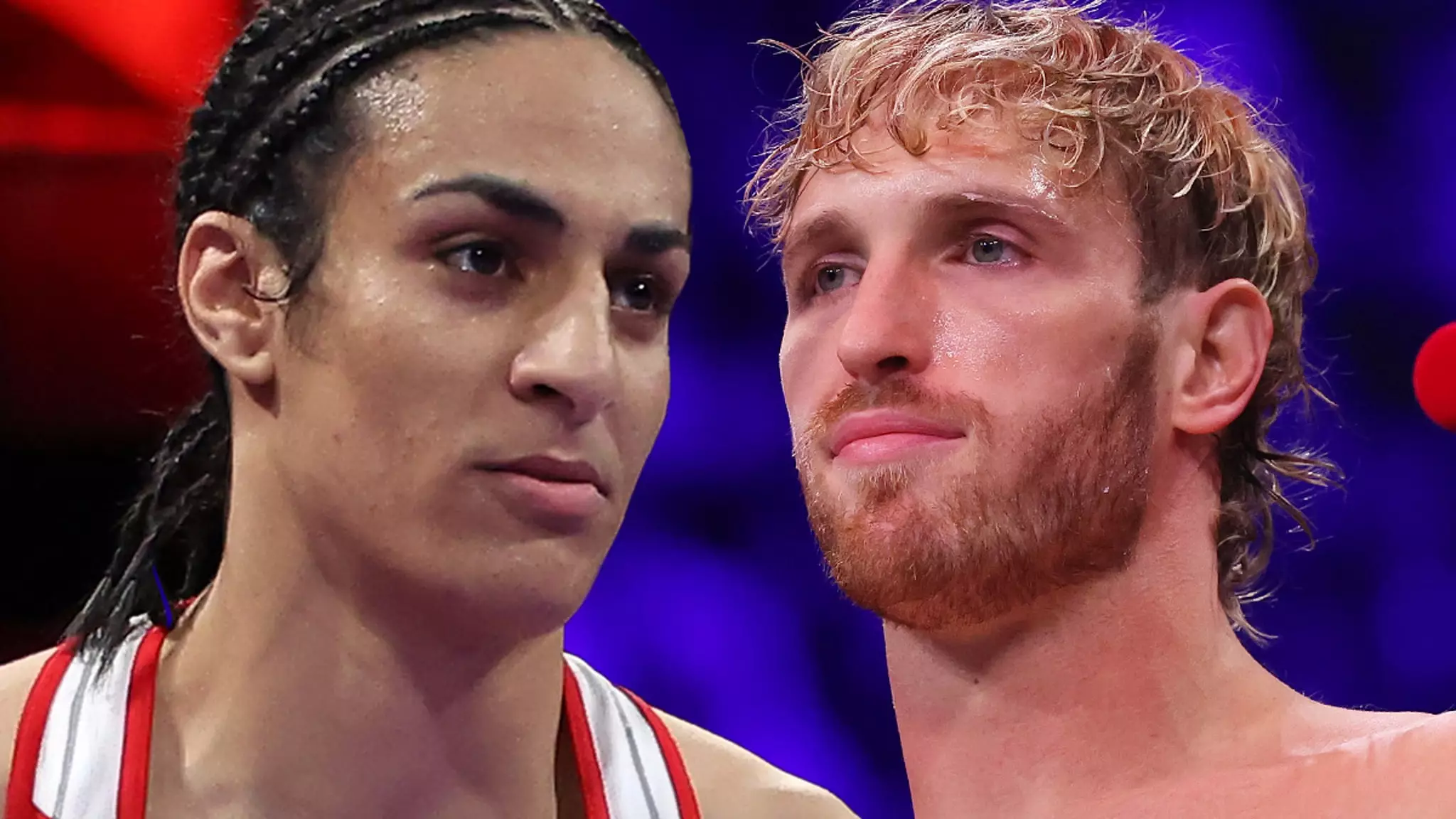Logan Paul recently addressed his comments regarding Algerian Olympic boxer Imane Khelif, admitting that he may have been too quick to criticize Olympic officials. While he still stands by his belief that biological men should not compete against biological women, he acknowledged that he may have provided misinformation in his initial reaction.
Imane Khelif made headlines after winning her opening-round contest against Angela Carini, leading to speculation and controversy due to an undisclosed gender test failure in 2023. Reports suggested that Khelif had elevated testosterone levels and XY chromosomes, which are typically found in males. This revelation sparked backlash from various celebrities and athletes, including Logan Paul, who condemned the Olympic committee for allowing this situation to unfold.
Following the backlash and further information coming to light, Logan Paul deleted his initial post and released a new statement. In the revised statement, Paul acknowledged that while Khelif had failed a gender test and had XY chromosomes, some sources indicate that she was born biologically female. Despite the clarification, Paul maintained his stance that biological men should not compete against biological women in any sport.
Two-time Olympic gold medal-winning boxer Claressa Shields also revisited her initial comments about Khelif, apologizing for labeling her as transgender. The situation highlighted the importance of accurate information and responsible commentary when discussing sensitive topics in sports.
The International Olympic Committee stood by their decision to allow Imane Khelif and Taiwan’s Lin Yu-ting to participate in the games, citing their history of competing in the women’s division. This decision led to ongoing debates and discussions about gender identity and fairness in sports.
Imane Khelif is set to compete again on Saturday, keeping the story far from over. The ongoing controversy surrounding her eligibility and the broader issue of transgender athletes in sports serves as a reminder of the complexities and challenges faced in creating inclusive and fair competition environments.

Leave a Reply